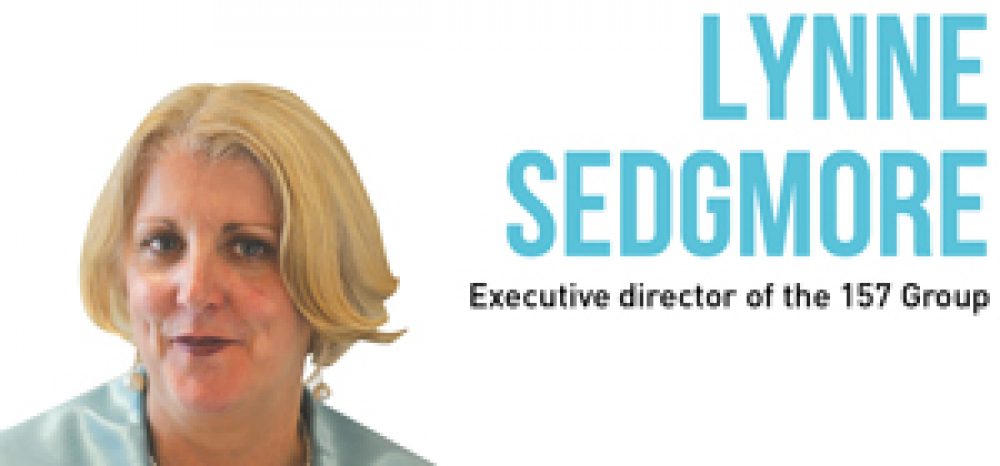Nobody more than college principals knows the wide-ranging effects of an Ofsted rating. Lynne Sedgmore makes the case for a review of what it means to be considered a successful college.
LeSoCo is the fourth college to voluntarily resign from the 157 Group having been rated by Ofsted as inadequate and it is with sadness and regret that I accept on behalf of members.
Upon membership, an honourable agreement is reached that if a college is rated inadequate by Ofsted then it will voluntarily leave the 157 Group.
Previously, City of Bristol College, City of Liverpool College and Lambeth College have left the 157 Group in this way, for this reason.
Such a complex and difficult decision is not something carried out lightly by either party. Members have put a great deal of thought into membership and at what point, if any, members might leave.
We accept the resignation of a college with a grade 4 profile with dignity, respect and regret alongside a genuine offer of ongoing support.
We recognise too that following a grade 4 profile it is reasonable and useful for a member college principal to step back from the 157 Group in order to focus on internal college improvement.
The notion of success is currently complex, disputed and highly contentious. This is an issue for the whole sector, within which 157 membership is a part and which currently acts as a catalyst for debate.
The notion of success is currently complex, disputed and highly contentious
What I am most interested in is initiating an open and transparent debate on the complex issues of how large urban colleges are judged to be successful, or not, both within and beyond the confines of Ofsted criteria.
The 157 Group, with the full engagement of all our principals has challenged consistently the limitations of Ofsted grading, offering our own solutions to a broader redefinition of success.
The perception that Ofsted grades reflect the whole college is prevalent but mistaken. We know that large urban colleges who may suffer a grade 4 profile continue to offer immense and valuable services to their learners, employers and communities while significant improvements are being made, particularly in teaching and learning.
The 157 Group was established in 2006 following the publication of Sir Andrew Foster’s report Realising the potential, a review of the future role of further education colleges. Paragraph 157 of that report talked about,
“a greater involvement of principals in national representation, in particular those from larger, successful colleges where management capacity and capability exists to release them for this work — there is a strong need for articulate FE college principals to be explaining the services they give to society and how colleges can make a significant contribution to the economy and to developing fulfilled citizens.”
This focus on thought leadership, policy influence and practice improvement remains at the heart of why 157 Group continues to flourish.
The rationale of the 157 Group was, and always has been, to seek to represent, through our members, the whole of the college sector on a national stage — to showcase the best of what we do and to use this to influence the thinking of those who do not understand how important colleges are.
We are also involving ever more colleges — and other providers from across the sector — in our work. Our Great Teaching and Learning event was attended by more than 70 people, almost half of whom were not from 157 Group colleges.
The vast majority of our work is done in partnership.
Our aim is always to influence to positive effect, either privately or publicly, those who have a hand in the future of FE.
We use the experience of our members — past and present — to inform intelligent, challenging and innovative discussions. When necessary we campaign vocally and powerfully to bring benefit to the whole sector. We will continue to do so with passion and the utmost commitment on behalf of all learners.
Lynne Sedgmore,
executive director, 157 Group









Your thoughts